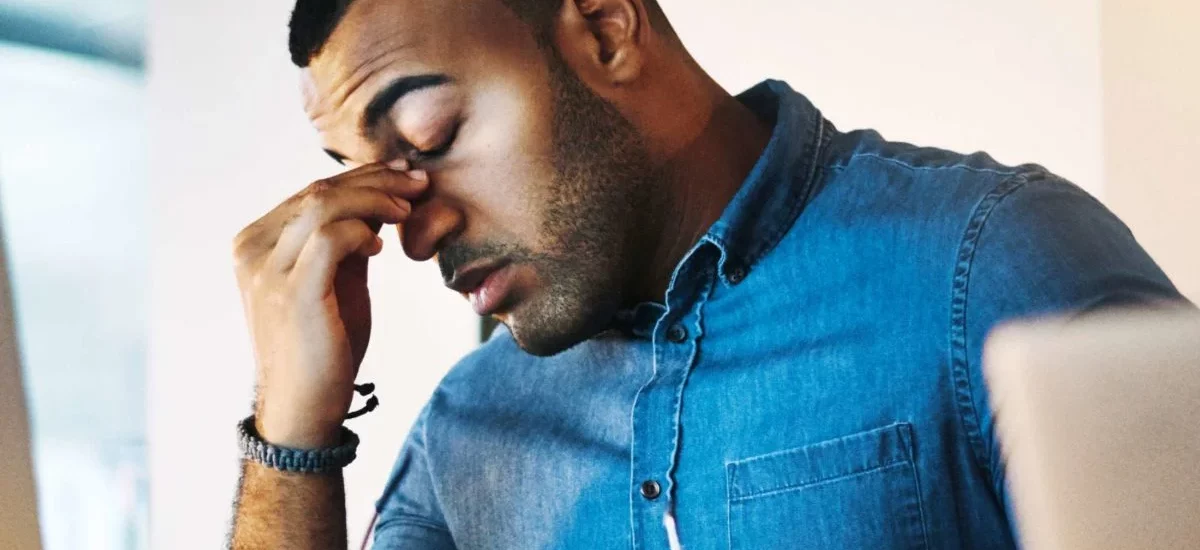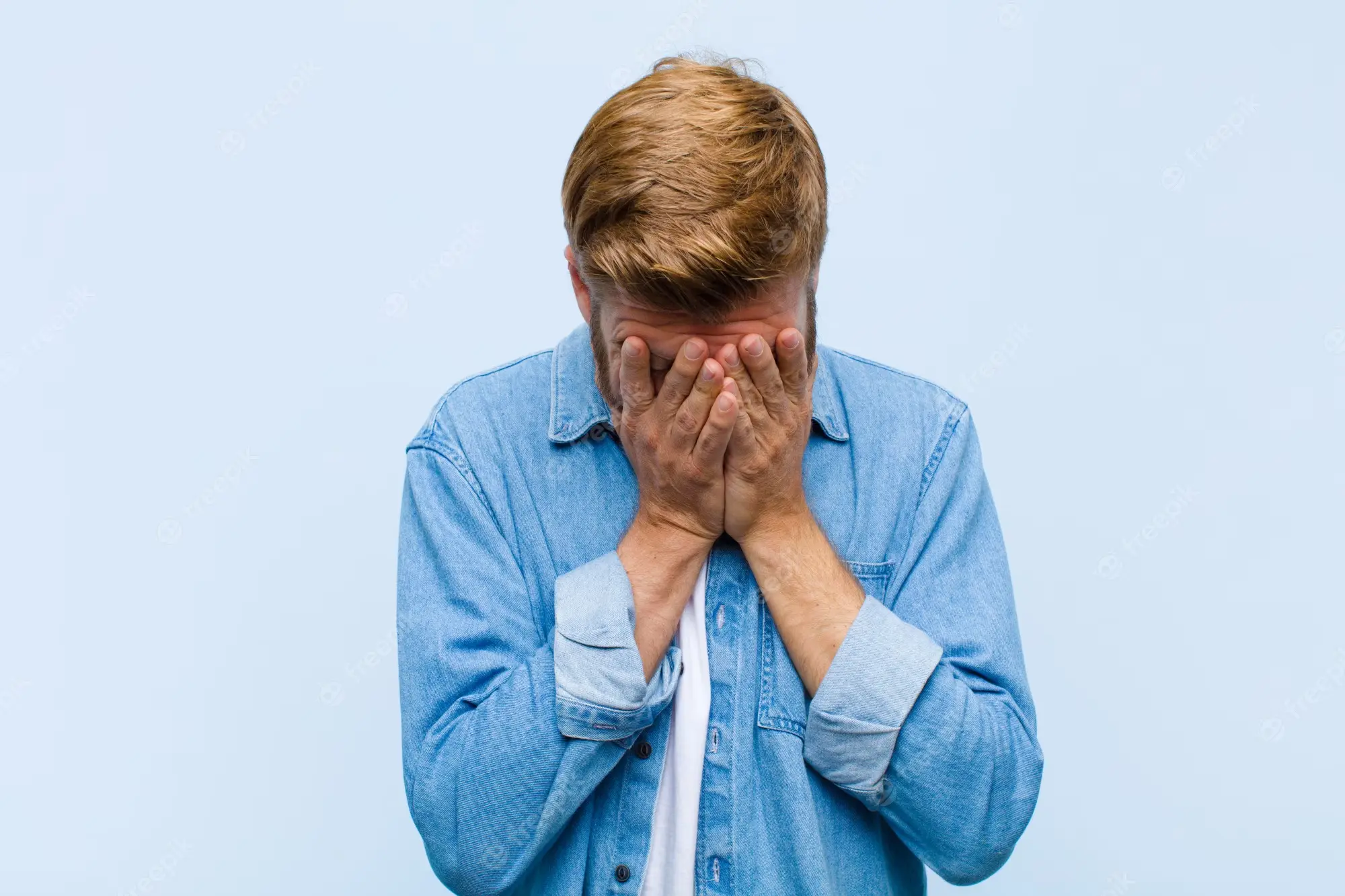

wordpress-seo domain was triggered too early. This is usually an indicator for some code in the plugin or theme running too early. Translations should be loaded at the init action or later. Please see Debugging in WordPress for more information. (This message was added in version 6.7.0.) in /home/sehatnagar.com/public_html/wp-includes/functions.php on line 6114
Receiving testosterone shots is a commonly prescribed medical intervention for various conditions, ranging from hormonal imbalances to certain medical transitions. While these shots can offer numerous benefits, it is not uncommon for individuals to experience feelings of fatigue or tiredness after their administration. Many people have a same query, “Why do I feel so tired after testosterone shot?”.
Understanding why this occurs is essential in order to manage and address this potential side effect effectively. In this article, we will explore the possible reasons behind feeling tired after a testosterone shot, shedding light on the hormonal, metabolic, and psychological factors that may contribute to post-injection fatigue. By gaining insight into these factors, individuals can better navigate their testosterone therapy journey and optimize their overall well-being.
Testosterone is a hormone that belongs to a class of hormones known as androgens. It is primarily produced in the testicles in males, although smaller amounts are also produced in the ovaries and adrenal glands in females. Testosterone plays a crucial role in the development and maintenance of male sexual characteristics and reproductive function.
In males, testosterone is responsible for the development of the testes and prostate gland, as well as promoting the growth of facial and body hair. It also contributes to the deepening of the voice during puberty and influences sex drive (libido). Testosterone is essential for sperm production and plays a role in maintaining bone density and muscle mass.
In females, although testosterone is present in lower levels compared to males, it is still important for overall health. It contributes to sexual desire, helps maintain bone density, and plays a role in maintaining muscle mass and overall well-being.
Beyond its role in reproductive and sexual health, testosterone also has systemic effects on the body. It plays a role in metabolism, influencing fat distribution, insulin sensitivity, and energy levels. Testosterone also impacts mood, cognitive function, and cardiovascular health.
Testosterone levels naturally decline with age, and abnormally low levels can lead to various symptoms, such as fatigue, reduced libido, decreased muscle mass, and mood changes. In cases of low testosterone, hormone replacement therapy, including testosterone shots, may be prescribed to restore hormonal balance and alleviate associated symptoms.
A testosterone shot refers to the administration of testosterone hormone through an injection. Testosterone shots are commonly prescribed in medical settings to address conditions such as low testosterone levels (hypogonadism), delayed puberty, hormonal imbalances, and certain gender-affirming treatments. The injections deliver a concentrated dose of testosterone directly into the bloodstream, allowing for quick absorption and distribution throughout the body.
The frequency and dosage of testosterone shots depend on the individual’s specific medical needs and may vary from weekly to monthly injections. These shots are typically administered by a healthcare professional, such as a doctor or nurse, in a clinical setting or at home with proper training and guidance. Regular monitoring of testosterone levels and overall health is important to ensure the appropriate dosage and to minimize potential side effects.
If you’re a Testosterone Replacement Therapy (TRT) patient and are experiencing tiredness and Low-T symptoms, don’t be afraid. This is experienced by some patients of TRT even after months of being on a TRT program, and you may need a blood test to measure your estrogen and thyroid levels, among other key metrics.
If your levels show an irregularity, your doctor may change your protocol and dosage.
Why do I feel so tired after testosterone shot
If you’re consistently feeling excessively tired or if the fatigue persists for an extended period after testosterone injections, it’s important to discuss this with your healthcare provider. They can evaluate your specific situation, monitor your hormone levels, and provide appropriate guidance or adjust your treatment plan if needed.
Testosterone itself is not typically known to directly cause sleepiness or drowsiness. However, hormonal changes can affect various aspects of your body, including sleep patterns and energy levels. Some individuals may experience sleep disturbances or changes in mood as a result of testosterone therapy, which could indirectly contribute to feelings of sleepiness or fatigue. It’s important to note that individual responses to testosterone can vary.

The immediate effects of testosterone injections can vary from person to person. Here are some common immediate effects that individuals may experience:
Before taking a testosterone shot, it is important to follow these steps:
Patients are recommended to supplement their TRT program with lifestyle changes that include:
Testosterone replacement therapy can cause fatigue in some men for a variety of reasons, including:
Undergoing medical procedures, such as receiving testosterone shots, can induce stress or anxiety. Psychological factors, such as anticipation or worry, can contribute to feelings of fatigue. Additionally, managing a medical condition or dealing with the underlying reasons for testosterone treatment can be mentally and emotionally draining, leading to fatigue.
Does Smoking Cigars Increase Testosterone?
Cold Showers And Testosterone: Explore The Connection
Best Herbs To Boost Testosterone Levels
Does Having Sex Increase Testosterone
Feeling tired after a testosterone shot is a relatively common side effect, but it’s important to monitor your symptoms and speak with your doctor if you have any concerns. They can help determine if there’s an underlying issue or if the fatigue is a normal reaction to the medication.